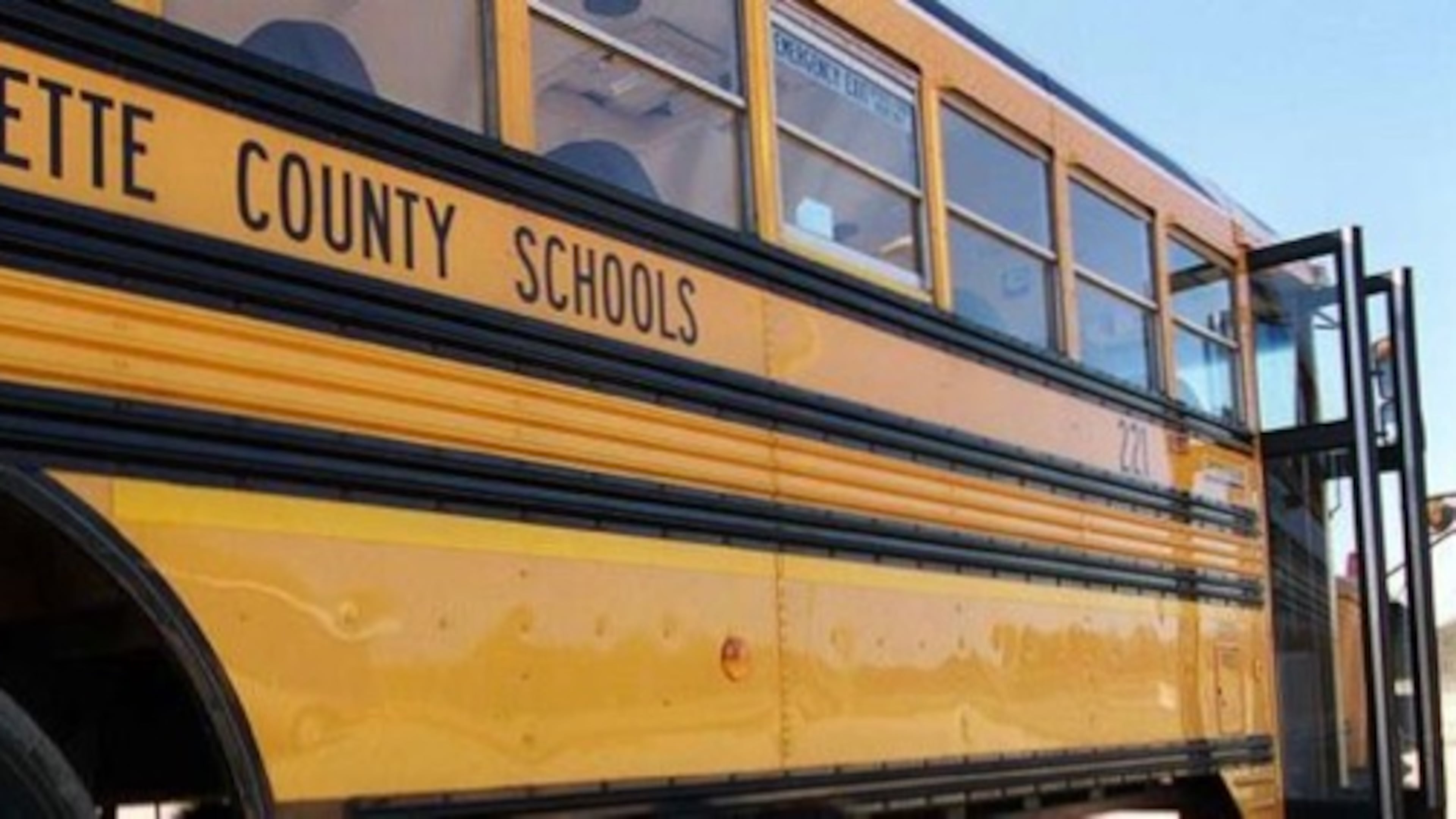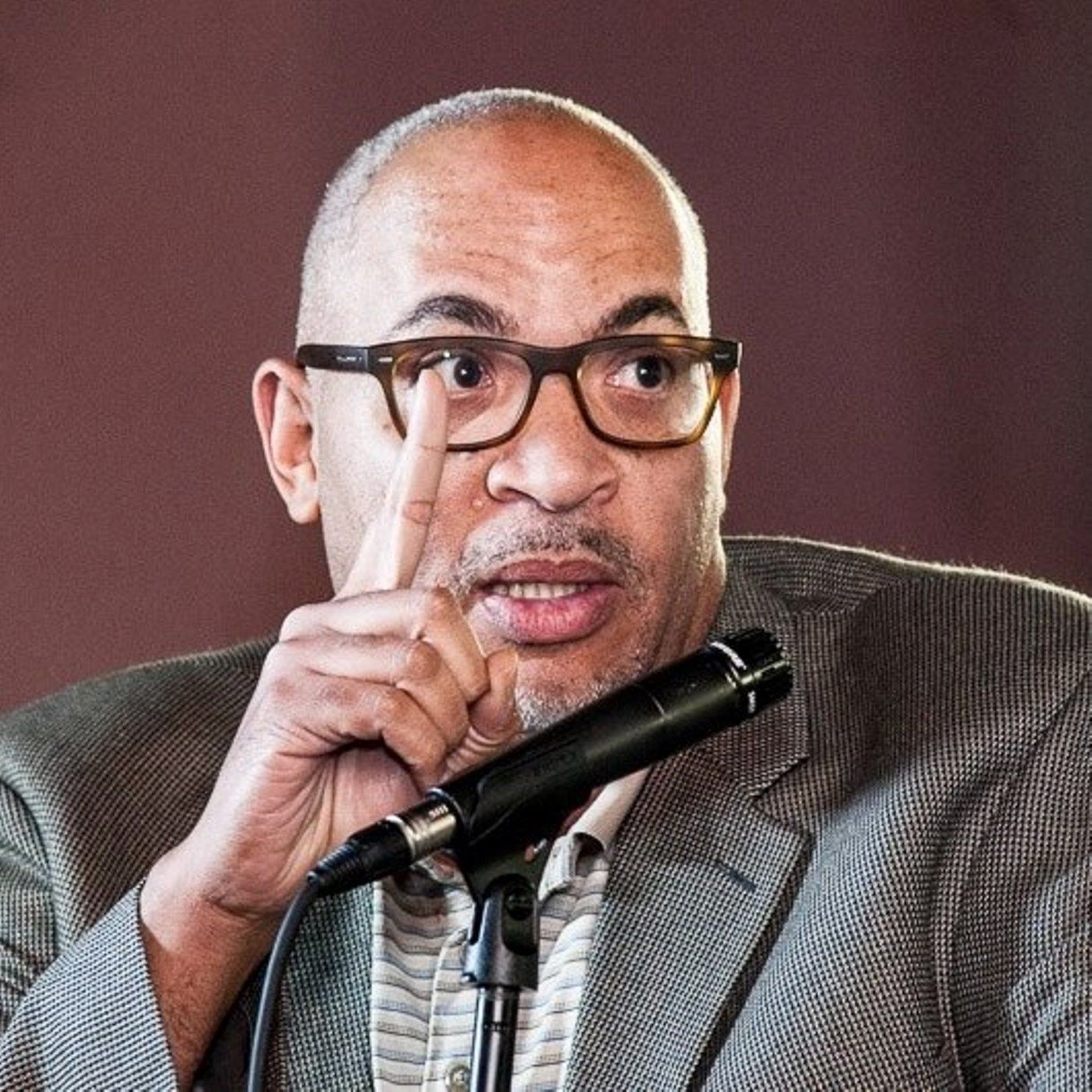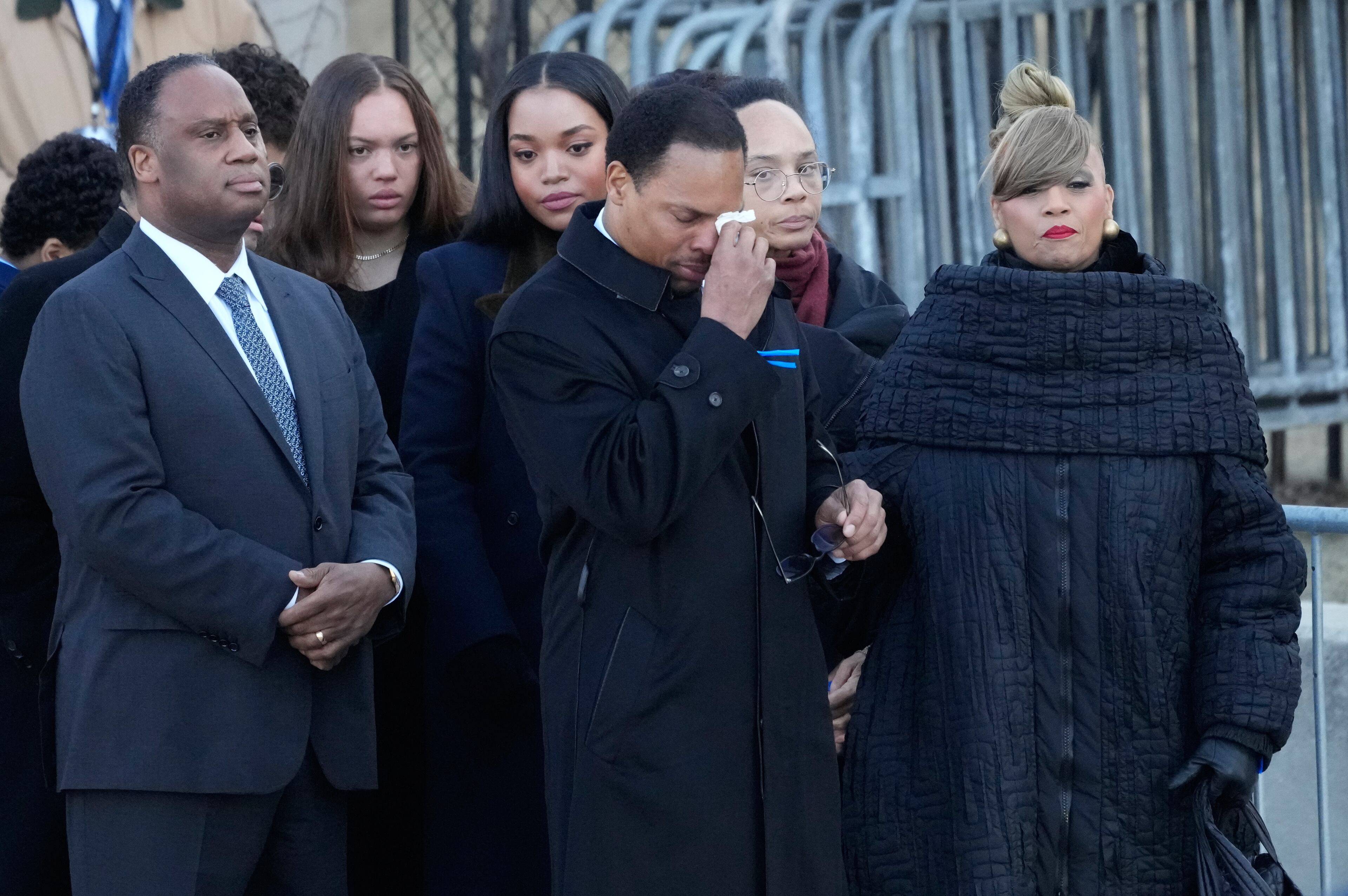Manufactured outrage in Fayette County: When politics hijack a teachable moment

The recent controversy in Fayette County over students and two adults painting their bodies black during a volleyball “blackout” game is a classic example of outrage manufacturing or what has come to be known as “Rage Bait.” What began as a common, school-sanctioned spirit event was quickly twisted into a national news story — not because it revealed real racism, but because certain political and civil rights actors saw an opportunity.
Let’s be clear: These students weren’t wearing blackface/Black body paint in the historical sense. They were participating in a widespread school tradition where fans dress in black to show support. Face and body paint are common parts of such themes across the country. There was no intent to mock anyone —just high school kids showing school spirit.

Intent didn’t matter to the NAACP or to state Rep. Derrick Jackson, who is currently running for governor of Georgia. With his campaign failing to gain meaningful traction, Jackson saw a political opening. Instead of addressing core voter concerns — education, cost of living, public safety — he inserted himself into a local school controversy and used it to generate headlines. It was convenient that the event took place in Fayette County and he represents Tyrone, which sits in Fayette.
That choice says more about his political strategy than about any student’s supposed racial insensitivity.
What could have been a local teachable moment about perception and context became a public spectacle. Politicians and activists jumped in, turning teenagers into targets and a quiet school community into a national talking point. There were even early demands of the school superintendent needing to step down. That’s not justice. That’s exploitation.
As I recently said on my talk radio show on 95.5 WSB, Atlanta’s News and Talk, this week, historical blackface is offensive and rooted in racism. But equating that ugly past with a student wearing black body paint at a sports event stretches the meaning of racism to its breaking point. We can educate students on historical context without branding them as racists or using them for campaign fodder.
Jackson’s response is more about political optics than community healing. It’s the kind of hollow gesture voters have grown tired of — especially when real problems are being ignored.
By crying racism where none was intended, we cheapen the term and desensitize the public to real acts of hate. Worse, we create backlash and resentment, particularly among young people who feel unfairly maligned.
Georgia deserves better than this kind of distraction. Let’s focus on real issues and stop turning every misstep or misunderstanding into a political weapon that starts with loudly yelling “racism” in a diverse state.
Shelley Wynter is host of The Shelley Wynter Show on 95.5 FM WSB Radio.
If you have any thoughts about this item, or if you’re interested in writing an op-ed for the AJC’s education page, drop us a note at education@ajc.com.


